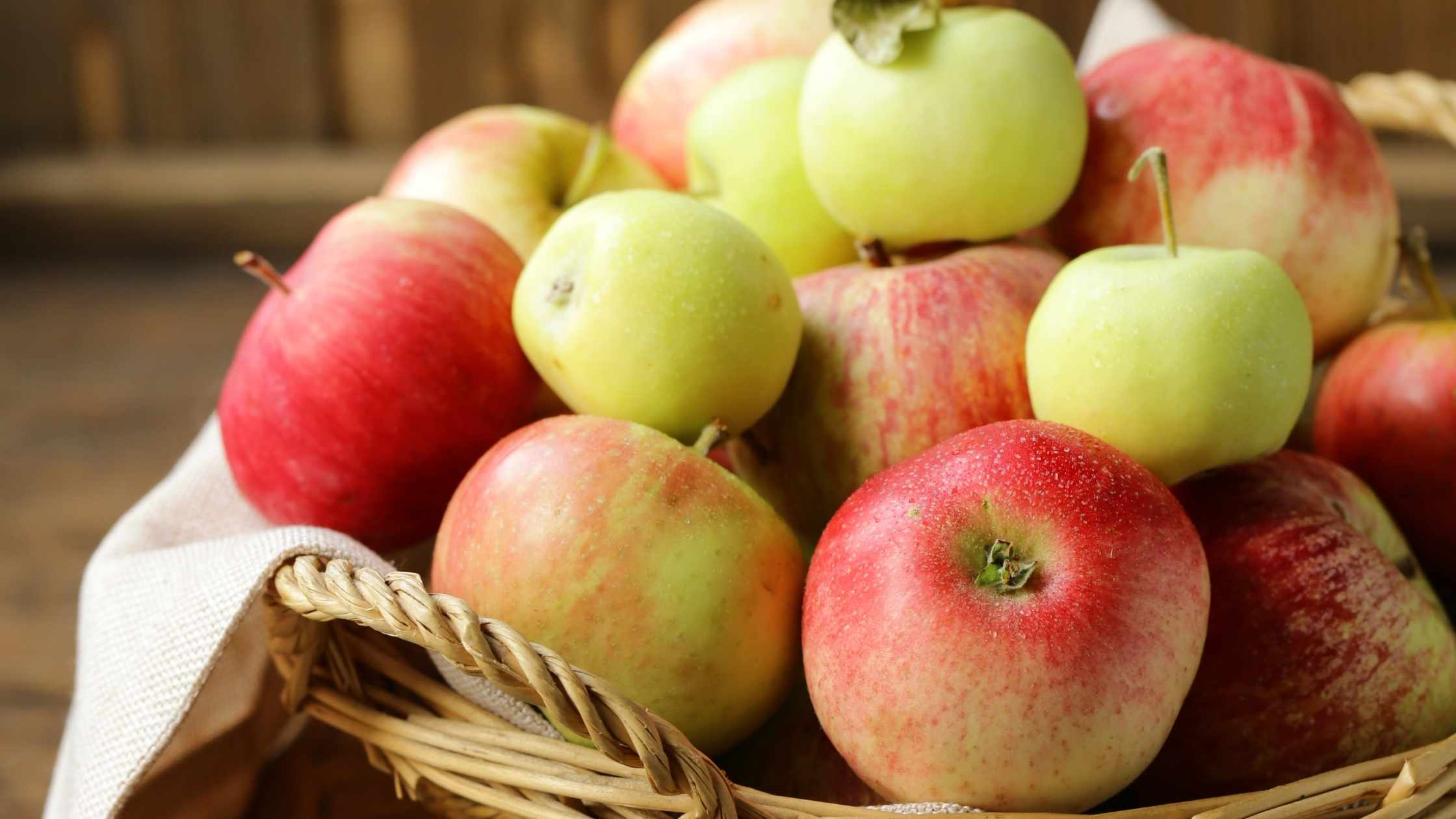Chances are you don't think much about your breathing because it's an autonomic nervous system task, your body does it for you. If you're someone who struggles with a breathing condition you do pay more attention to anything that might be a trigger for you.
Unfortunately, there's a whole class of triggers that almost no one is talking about...additives. These are things put into your food by the manufacturers, such as preservatives, sweeteners, artificial ingredients, and more. They provide no nutritional value and may be part of the problem if you're one of the millions of Americans who struggle with asthma or other breathing issues.
Foods That May Trigger Asthma
High Fructose Corn Syrup
A 2018 study found evidence that high fructose corn syrup (HFCS) consumption is associated with asthma risk. It was concluded that moderate (2 to 4 times per week) and frequent (5 to 7 times per week) consumption of HFCS in sweetened soda, fruit drinks, and apple juice increased the asthma risk from between 49% to 61%. This particular study surveyed adults so one does have to wonder what the effects are on children who often consume more of these types of beverages.
Additionally, a woman’s HFCS consumption during pregnancy is associated with an increased risk of asthma in her offspring.
Preservatives: Nitrates, benzoates, sulphur dioxide, and sulphites
Nitrates and nitrites are used in processed meats such as bacon. These preservatives can cause dyspnea which is shortness of breath.
Benzoates have been found to produce sensitivity in some individuals. This preservative can be found in steroids used to treat asthma. This is why it is important to not only read the labels on your food but also any medications that you may be prescribed.
Sulphur dioxide and sulfite are used in a wide range of acidic beverages, dried fruits, and breakfast sausages for example. These items are required to be on labels due to the potential allergic or asthmatic reaction.
BHT + BHA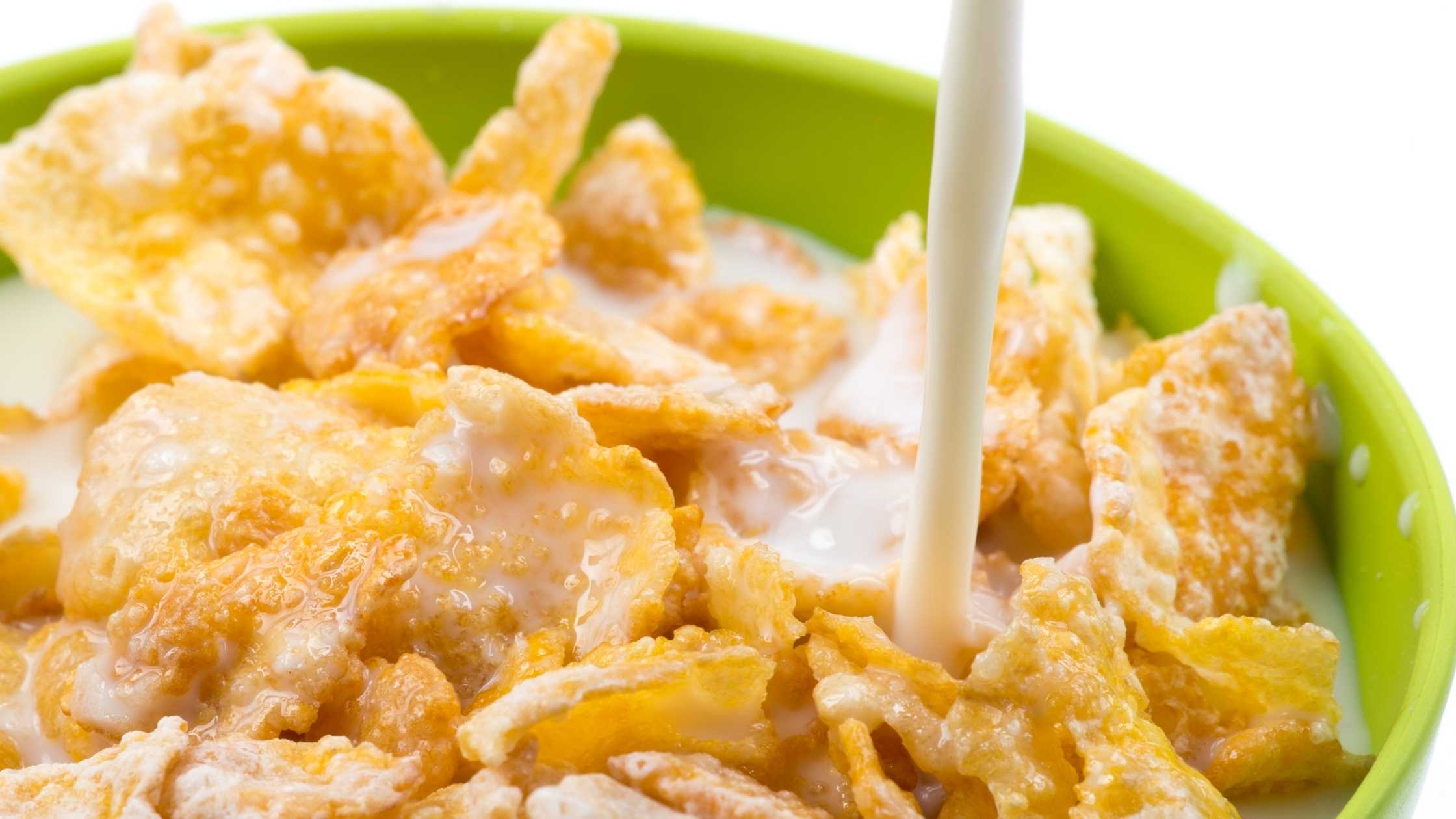
These two preservatives can cause inflammation and are linked to allergies and asthma. BHT and BHA will be found in cereals, sausage, hot dogs, meat patties, chewing gum, potato chips, beer, butter, and vegetable oils. They are used to preserve color and flavor.
Toothpaste
An artificial mint flavoring used in toothpaste can be an issue for many people.
BPA
 A link to asthma from an exposure by female mice led to the pups having an increased risk. Scientists studied children for prenatal and postnatal exposure and found correlations, also.
A link to asthma from an exposure by female mice led to the pups having an increased risk. Scientists studied children for prenatal and postnatal exposure and found correlations, also.
Soft Drinks
 The high concentrations of sugar in soft drinks made the lungs and airways more susceptible to inflammation due to allergic reactions. Additionally, the preservatives in soft drinks may cause allergic reactions that result in asthma and COPD.
The high concentrations of sugar in soft drinks made the lungs and airways more susceptible to inflammation due to allergic reactions. Additionally, the preservatives in soft drinks may cause allergic reactions that result in asthma and COPD.
Yellow #5
 Tartrazine also known as yellow #5 is made from coal tar and is banned in most European countries. It is found in cookies, frostings, cereal, pickles, ice cream, chips, salad dressing, and cheese. It has been linked to an increased risk of asthma. Additionally, if it is combined with aspartame, it can be toxic.
Tartrazine also known as yellow #5 is made from coal tar and is banned in most European countries. It is found in cookies, frostings, cereal, pickles, ice cream, chips, salad dressing, and cheese. It has been linked to an increased risk of asthma. Additionally, if it is combined with aspartame, it can be toxic.
Foods For Healthy Lungs
As you can see processed foods can contain a lot of problematic ingredients if you are susceptible to asthma or other lung challenges. Fortunately, there are foods that can support healthy lungs.
Ginger
Has anti-inflammatory properties which can cause bronchial dilation in asthmatic patients. This has been confirmed in both animal and human clinical studies. It can also help break down and expel thick mucus build up.
Chili peppers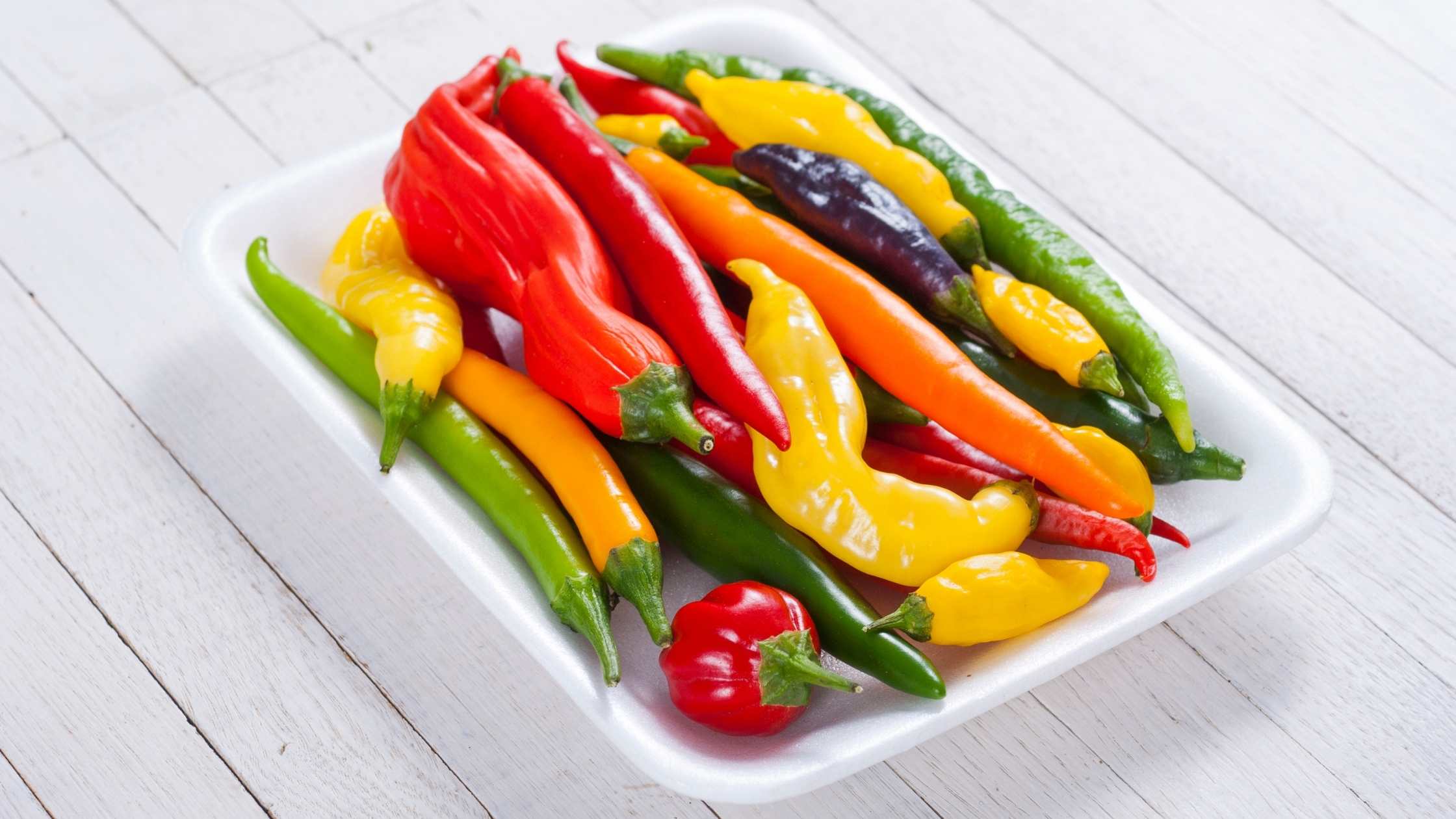
Contain a substance called capsaicin. Capsaicin is anti-inflammatory and mucus thinner. They can also improve blood flow.
Cruciferous vegetables 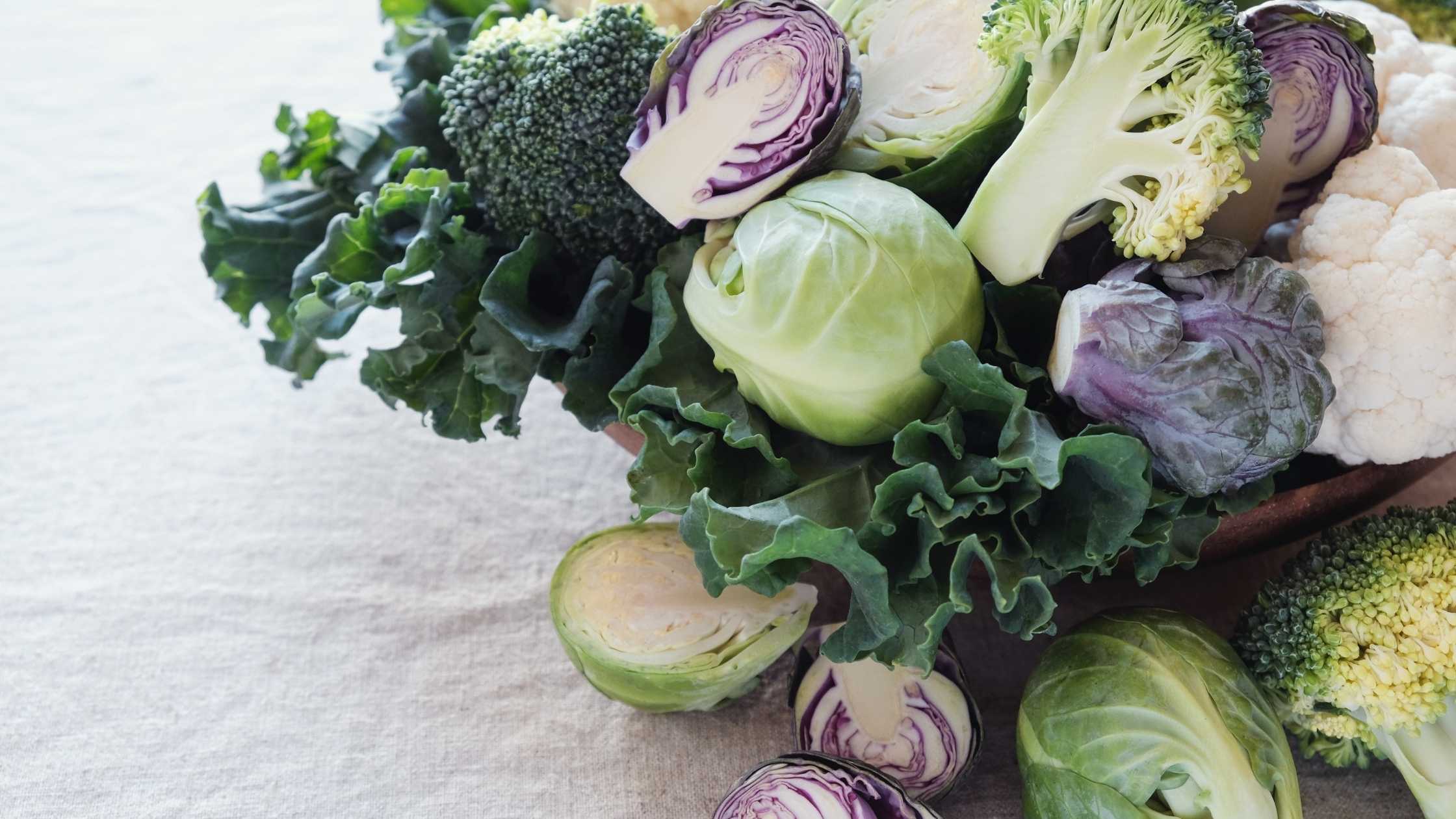
Are sulphur-rich foods and may reduce airway inflammation which can be beneficial in conditions such as asthma, allergic rhinitis, and chronic obstructive pulmonary disease (COPD).
Pomegranates 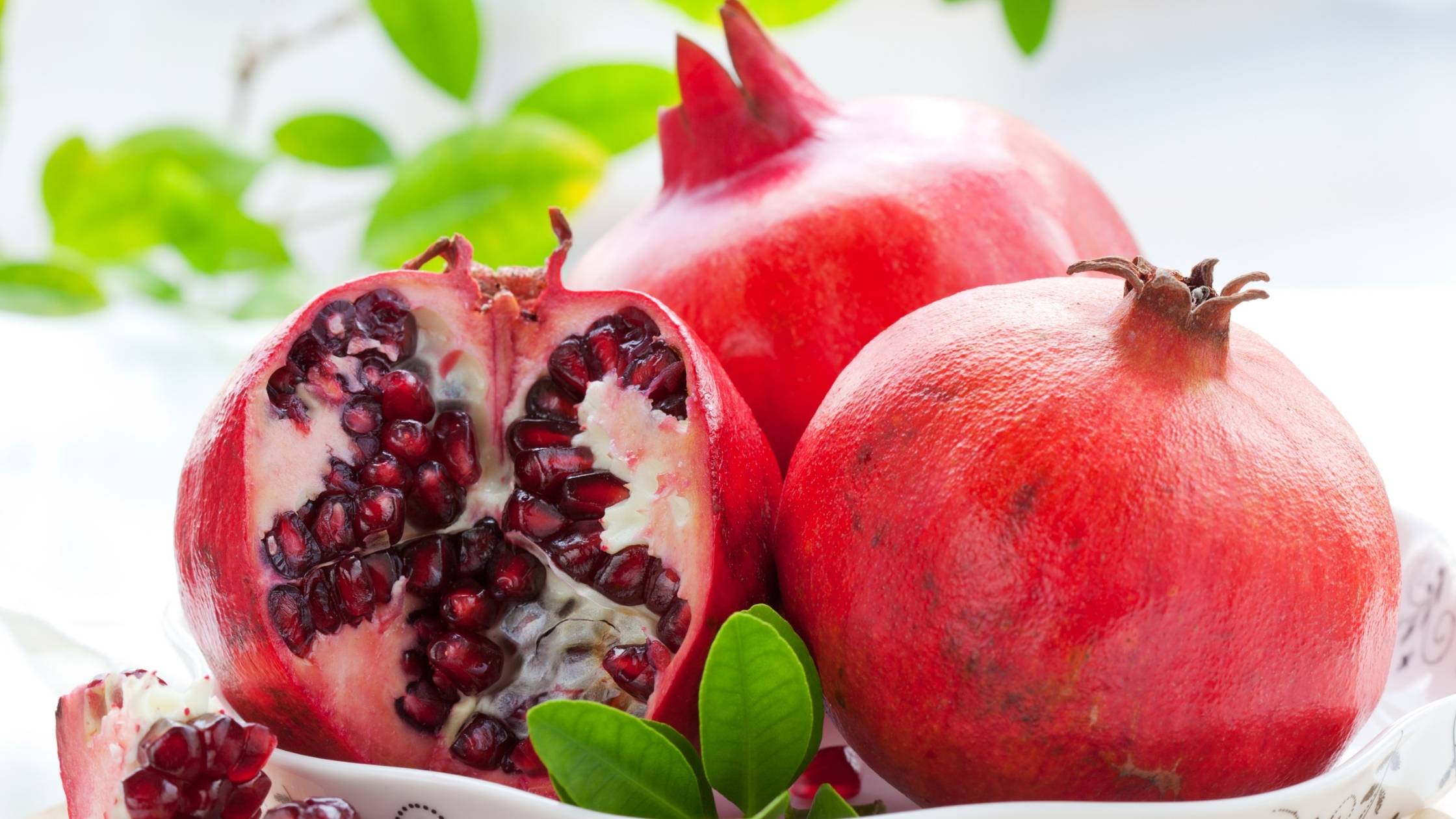
Packed with antioxidants that may help reduce inflammation in the lungs. They may fight against asthma by modulating various signaling pathways.
Turmeric 
Contains curcumin which helps relieve inflammation and chest tightness associated with asthma.
Contain flavonoids, vitamin E, and vitamin C which all help with lung function. Again, these can help reduce inflammation and swelling in the lungs.
Extremely important for healthy lungs. It helps keep blood flowing to and from the lungs and the lungs well hydrated. Choose clean filtered water to avoid any chemicals.
With all of the body systems, it is important to consume foods that promote a health. With every bite we take we can invest in health and our lung health is no different. Choose wisely and breathe easy!
Sources
- Acero, J., (29 November 2017). Nitrate-toxicity, side effects, diseases and environment impacts. Naturalpedia. Retrieved from https://naturalpedia.com/nitrate-toxicity-side-effects-diseases-and-environmental-impacts.html.
- DeChristopher, L., & Tucker, K. (2018). Excess free fructose, high-fructose corn syrup and adult asthma: The Framingham Offspring Cohort. British Journal of Nutrition,119(10), 1157-1167. doi:10.1017/S0007114518000417
- Freedman BJ. Asthma induced by sulphur dioxide, benzoate and tartrazine contained in orange drinks. Clin Allergy. 1977 Sep;7(5):407-15. doi: 10.1111/j.1365-2222.1977.tb01471.x. PMID: 412611.
- Harrington, R. (02 March, 2010). Bisphenol A linked to asthma – study. Food Navigator. Retrieved from https://www.foodnavigator.com/Article/2010/03/02/Bisphenol-A-linked-to-asthma-study#.
- Schor, j., ND, FABNO. (5 September 2018). Fructose consumption linked to asthma. Natural Medicine Journal. Retrieved from https://www.naturalmedicinejournal.com/journal/fructose-consumption-linked-asthma.
- Shaheen, S. O., Sterne, J. A., Thompson, R. L., Songhurst, C. E., Margetts, B. M., & Burney, P. G. (2001). Dietary antioxidants and asthma in adults: Population based case–control study. American Journal of Respiratory and Critical Care Medicine, 164(10), 1823–1828.
- Shaikh, S., and Bhandary, YP. (12 March 2021). Therapeutic properties of punica granatum L (pomegranate) and its applications in lung-based diseases: a detailed review. Journal of Food Biochemistry. Retrieved from https://onlinelibrary.wiley.com/doi/abs/10.1111/jfbc.13684.
- Soft Drinks Linked to Lung Disease and Asthma. (28 July 2020). Natural Therapy Pages. Retrieved from https://www.naturaltherapypages.com.au/article/soft-drinks-linked-to-lung-disease-asthma.
- Woods, R. K., Walters, E. H., Raven, J. M., Wolfe, R., Ireland, P. D., Thien, F. C., & Abramson, M. J. (2003). Food and nutrient intakes and asthma risk in young adults. The American Journal of Clinical Nutrition, 78(3), 414–421.
- Yadav, L., & Upasana, U. (2022). Golden Spice Turmeric and Its Health Benefits. In (Ed.), Antimicrobial and Pharmacological Aspects of Curcumin [Working Title]. IntechOpen. https://doi.org/10.5772/intechopen.103821


